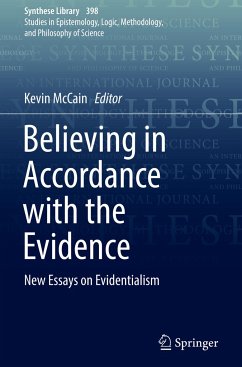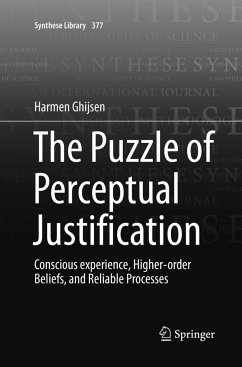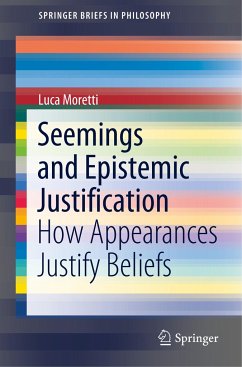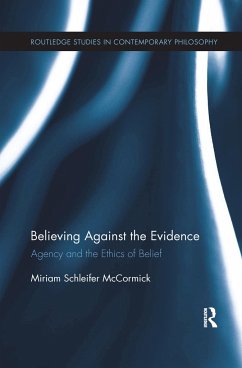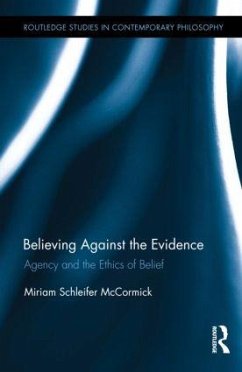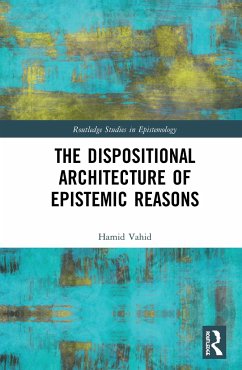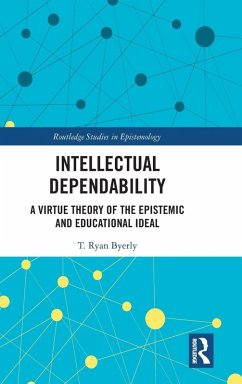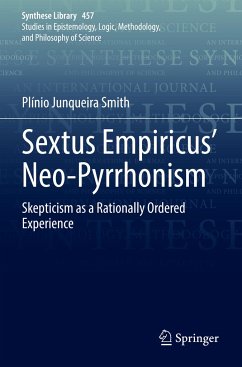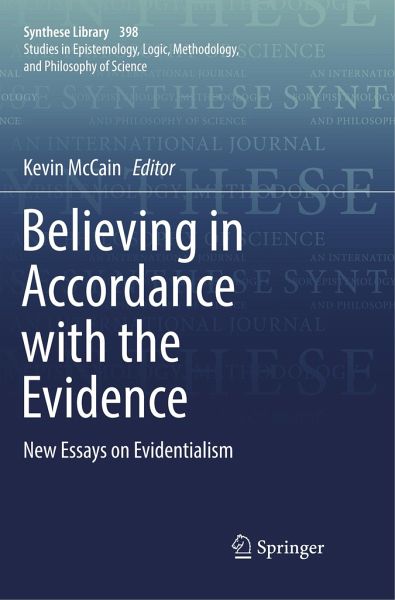
Believing in Accordance with the Evidence
New Essays on Evidentialism
Herausgegeben: McCain, Kevin
Versandkostenfrei!
Versandfertig in 6-10 Tagen
65,99 €
inkl. MwSt.

PAYBACK Punkte
33 °P sammeln!
This volume explores evidentialism, a major theory of epistemic justification. It contains more than 20 papers that examine its nuances, its challenges, as well as its future directions. Written by leading and up-and-coming epistemologists, the papers cover a wide array of topics related to evidentialism.The contributors present both sides of the theory: some are advocates of evidentialism, while others are critics. This provides readers with a comprehensive, and cutting-edge, understanding of this epistemic theory.Overall, the book is organized into six parts: The Nature of Evidence, Understa...
This volume explores evidentialism, a major theory of epistemic justification. It contains more than 20 papers that examine its nuances, its challenges, as well as its future directions. Written by leading and up-and-coming epistemologists, the papers cover a wide array of topics related to evidentialism.
The contributors present both sides of the theory: some are advocates of evidentialism, while others are critics. This provides readers with a comprehensive, and cutting-edge, understanding of this epistemic theory.
Overall, the book is organized into six parts: The Nature of Evidence, Understanding Evidentialism, Problems for Evidentialism, Evidentialism and Social Epistemology, New Directions for Evidentialism, and Explanationist Evidentialism.
Readers will find insightful discussion on such issues as the ontology of evidence, phenomenal dogmatism, how experiences yield evidence, the new evil demon problem, probability, norms of credibility, intellectual virtues, wisdom, epistemic justification, and more.
This title provides authoritative coverage of evidentialism, from the latest developments to the most recent philosophical criticisms. It will appeal to researchers and graduate students searching for more information on this prominent epistemological theory.
The contributors present both sides of the theory: some are advocates of evidentialism, while others are critics. This provides readers with a comprehensive, and cutting-edge, understanding of this epistemic theory.
Overall, the book is organized into six parts: The Nature of Evidence, Understanding Evidentialism, Problems for Evidentialism, Evidentialism and Social Epistemology, New Directions for Evidentialism, and Explanationist Evidentialism.
Readers will find insightful discussion on such issues as the ontology of evidence, phenomenal dogmatism, how experiences yield evidence, the new evil demon problem, probability, norms of credibility, intellectual virtues, wisdom, epistemic justification, and more.
This title provides authoritative coverage of evidentialism, from the latest developments to the most recent philosophical criticisms. It will appeal to researchers and graduate students searching for more information on this prominent epistemological theory.



